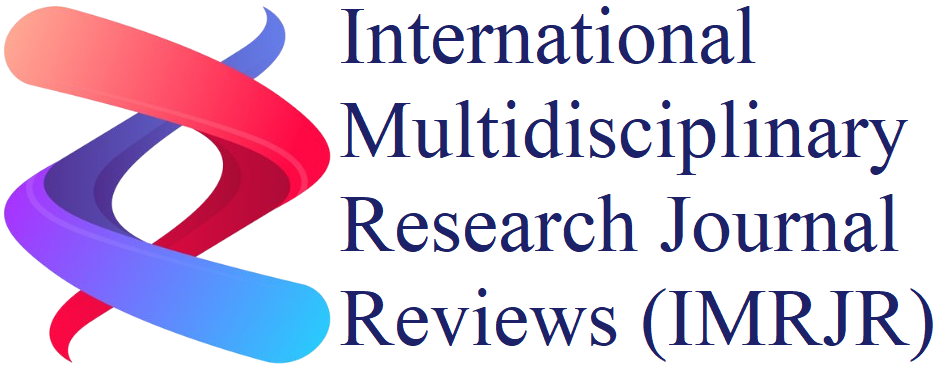Abstract: This research investigates the impact of artificial intelligence (AI) integration on employee well-being and creativity within the modern workplace. Data was collected from a sample of 132 respondents across diverse industries to explore the relationships between various facets of AI tool integration and employee outcomes. Factor analysis was employed to identify underlying components influencing employee well-being, revealing three significant factors: AI’s impact on mental health and stress management, facilitation of work-life balance and well-being, and contribution to job satisfaction and task efficiency. These factors collectively explained a substantial portion of the variance in employee well-being, highlighting AI’s supportive potential. Subsequently, regression analysis examined the relationship between AI integration facets, such as frequency of use, enhanced autonomy, collaborative support, and innovative idea generation, and employee creativity. The results demonstrated a strong positive correlation, indicating that strategic AI implementation significantly enhances employee creativity. This study provides empirical evidence that AI’s role extends beyond mere efficiency, positively influencing both employee well-being and creative output. The findings suggest that organizations prioritizing AI tools that empower employees in autonomy, collaboration, and innovation can foster a more supportive and creative work environment. This research contributes valuable insights for organizations seeking to leverage AI for enhanced employee outcomes.
Keywords: Artificial Intelligence, Employee Well-being, Employee Creativity, Workplace Innovation, AI Integration
Download:
![]() |
DOI:
10.17148/ IMRJR.2025.020503
|
DOI:
10.17148/ IMRJR.2025.020503
[1] Dr. Shamsi Sukumaran K, Ms. Anusha Sandhya Sajith, "Role of AI in Enhancing Employee Well-being: Does it Foster Creativity and Innovation?," International Multidisciplinary Research Journal Reviews (IMRJR), 2025, DOI 10.17148/ IMRJR.2025.020503

